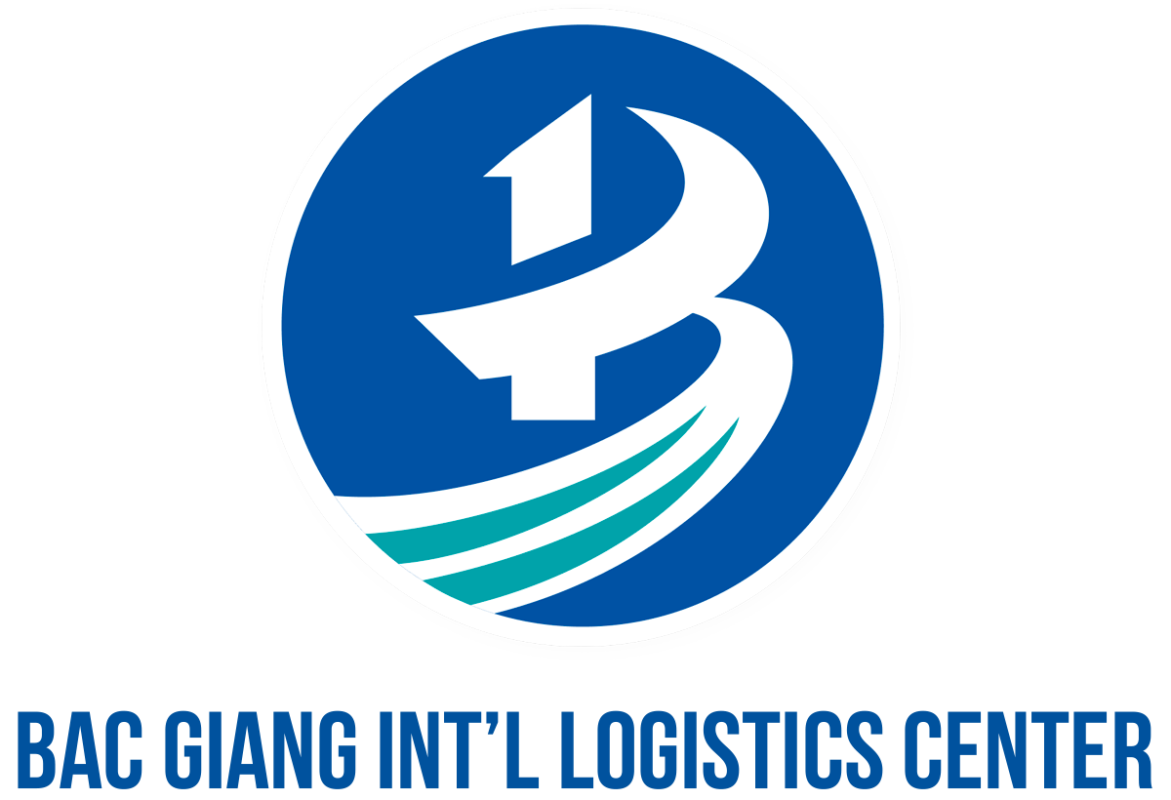Market News
PRIVATE SECTOR TAKES THE LEAD IN DEVELOPING LOGISTICS AND TRANSPORT INFRASTRUCTURE, DRIVING SUSTAINABLE SOCIO-ECONOMIC GROWTH
In the context of Vietnam’s increasingly deep integration into the global economy, transport and logistics infrastructure is not only essential for the circulation of goods and the connection between production and markets, but also serves as a foundation for sustainable development and enhancement of national competitiveness. While infrastructure development was once primarily the responsibility of the State, the private sector is now demonstrating greater proactiveness, decisiveness, and social responsibility—aligning with Resolution No. 68-NQ/TW of the Party Central Committee on making the private sector a key driver of the national economy.

A prime example is Bac Giang International Logistics Center (BGL)—a national-level logistics project that is 100% privately funded. This project is gradually shaping a model of green, smart, and exemplary logistics, aligned with international standards in northern Vietnam.
In early July 2025, during a field visit to the project—also his first official trip after the provincial merger—Mr. Vuong Quoc Tuan, Chairman of the Bac Ninh Provincial People’s Committee, was briefed by BGL project leaders on their commitment to complete all technical infrastructure and over 200,000 m² of warehouse space by the end of 2025. Notably, the company also proposed to invest in the construction of a 1.45 km frontage road along the expressway, passing through Tien Phong Ward (from Km118+950 to Km120+400), with a cross-section of 13.5 meters. The road will be fully equipped with asphalt pavement, lighting, drainage systems, and traffic safety facilities.
This project is proposed under a Build-Transfer (BT) model, using 100% of the company’s own capital and transferring the infrastructure to the State for free upon completion. The aim is to create a seamless connection between the new political-administrative center of the province and nearby industrial zones, residential areas, logistics hubs, and production areas.
This action clearly embodies the private sector’s spirit of “thinking big – taking action – assuming responsibility,” with businesses proactively proposing, implementing, and sharing the burden of essential infrastructure development with the government. The Bac Ninh provincial leadership highly praised this initiative, calling it a public-private cooperation model that deserves further encouragement and replication.
Beyond the local scope, BGL is planned as a strategic hub in the Vietnam – China – ASEAN trade corridor, capable of multimodal transport connections: road, rail, sea, air, and inland waterway ports. The logistics ecosystem at BGL is designed to integrate diverse warehousing functions (bonded warehouse, express cargo inspection points, export processing warehouse, distribution center), value-added services, and smart technology platforms—all aimed at reducing emissions, improving operational efficiency, and promoting sustainable trade.
The fact that a private enterprise is pioneering comprehensive investment in an integrated logistics ecosystem, while also actively contributing to essential public infrastructure, demonstrates a strong sense of social responsibility. It also reaffirms the important role and positioning of the private sector in Vietnam’s socio-economic development strategy.
In the coming period, to realize green growth goals and enhance national competitiveness, greater participation from the private sector is essential—especially in the fields of infrastructure and logistics, where there remains substantial potential for development and long-term value creation for the economy.
